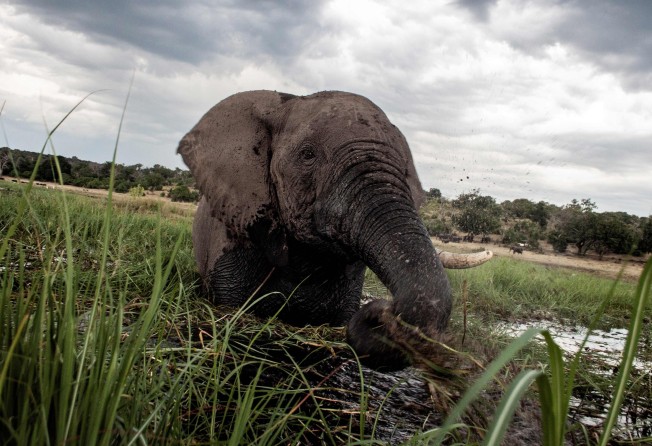Ivory chopsticks are not worth the lives of elephants
- Hong Kong must redouble efforts to stop the illegal trade in ivory, following the latest reminder of how syndicates that profit from the crime often go scot-free

The article “Despair as ivory smugglers evade law” (January 28) tells us how the syndicate behind Hong Kong’s largest ivory seizure in 30 years is still at large after the case hit a legal dead end. The Hong Kong government should follow the government on the mainland in taking active steps to tackle the problem.
Elephants are the largest land animal on earth, helping to maintain the ecosystem of forests and prairies in Africa, fostering the growth of different flora and fauna. Just so that a handful of people can have the dubious pleasure of holding ivory carvings or chopsticks at one end of the world, countless elephants at the other end are being pushed to the brink of extinction.
This is a sign of the destruction of the relationship between human beings and the earth. We must not tolerate the killing of elephants and the illegal ivory trade. We must also stop buying ivory products so as not to encourage the hunting of elephants.
Wan Hoi-tung, Tseung Kwan O
Three steps Hong Kong must take to curb ivory smugglers
I am writing in response to the article, “Despair as ivory smugglers evade law” (January 28), which noted that Hong Kong’s largest ivory seizure in 30 years failed to produce a single prosecution. Although three people were arrested at the time, no charges were laid.
First, the government and the legislature should strengthen our laws, identifying possible grey zones and closing loopholes.
Second, the government could consider adding more talent from other countries into the Customs and Excise Department. Hong Kong customs officers may benefit from the expertise and training of officials from other countries, such as in Europe, who might bring different experiences to bear on the problem.
Finally, schools should have more education on the smuggling of ivory. If students are taught from a young age not to support buying ivory products, the trade will die out on its own.
Paco Yan, Hang Hau